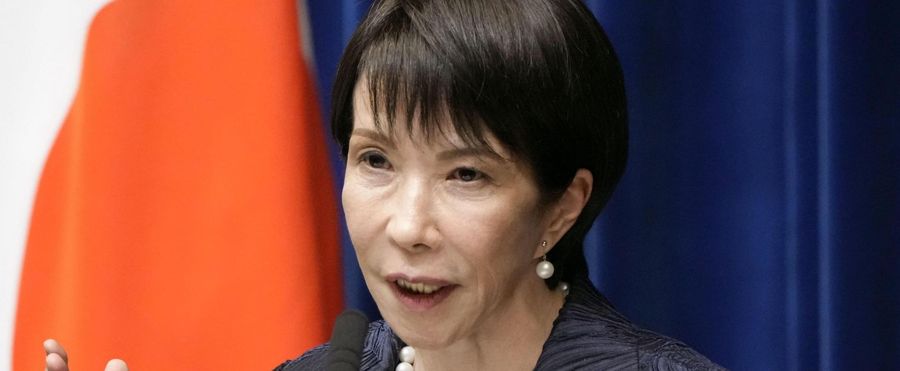The recent joint survey results reveal that the cabinet of Japan's Prime Minister Fumio Kishida has an approval rating of 64.4%. These impressive numbers indicate not only public confidence in the new leader and his cabinet but also predict potential political stability for Japan. This development comes amidst global attention on Japan's role in international relationships and national policy reforms.
In Japan, the approval rating of a newly formed cabinet is closely watched as an indicator of the public's acceptance and expectation of the new government. Given the country's political culture of consensus-building, a high approval rating marks a good start for a new cabinet to implement various policy goals and reforms. The public's focus lies on economic stabilization, handling the COVID-19 crisis, and international diplomatic relations - all areas where Kishida's administration is expected to deliver.
Much like in the US or EU, the approval ratings of a leader reflect public sentiment towards government performance. However, unlike in the US, where mid-term elections may change the course of politics, Japan's political balance often pivots directly around these approval ratings. As in some EU countries, Japan's multi-party system adds an element of coalition-building to the mix, making high approval ratings for a new cabinet especially critical for effective governance.

